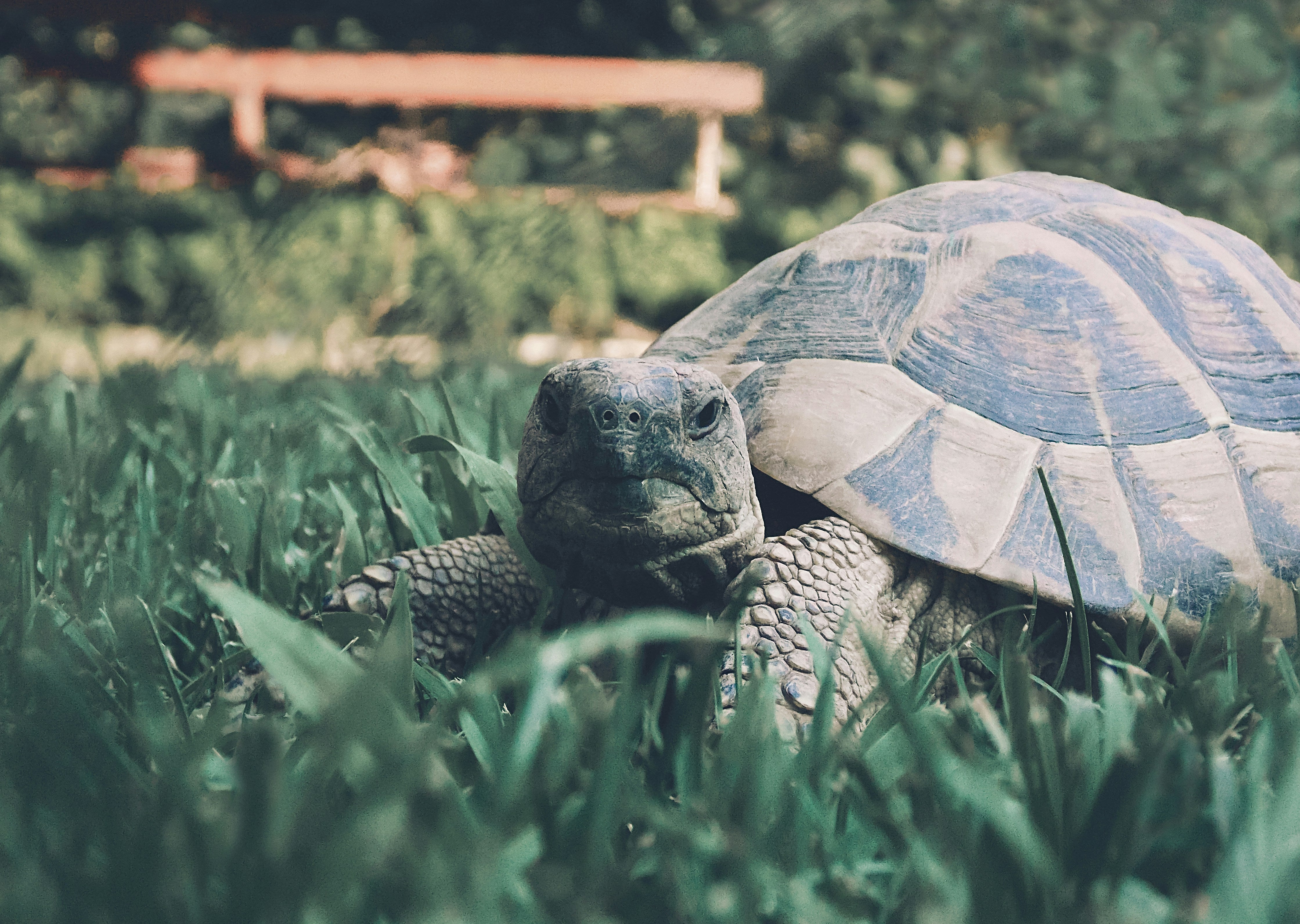Tortoises are fascinating pets that require specific diets to thrive. Knowing what to feed them—and what to avoid—is crucial for their health and longevity. This blog will provide you with essential information about the best foods for your tortoise, as well as those that should be strictly avoided.
Understanding Your Tortoise's Diet
Tortoises are herbivores, which means their diet primarily consists of plant matter. However, different species have varying dietary needs based on their natural habitats. Common pet tortoise species include the Sulcata, Russian, and Greek tortoise, each requiring a tailored diet.
What Your Tortoise Should Eat
-
Leafy Greens: Dark, leafy greens are staples in a tortoise's diet. Offer a variety of greens such as:
- Kale
- Collard greens
- Dandelion greens
- Mustard greens
-
Vegetables: Introduce a range of vegetables, ensuring they are high in fiber and low in oxalates. Suitable options include:
- Squash
- Carrots (in moderation)
- Bell peppers
-
Fruits (in moderation): While fruits should only make up a small portion of your tortoise's diet, some safe options include:
- Strawberries
- Melons
- Papaya
-
Hay: Provide unlimited access to high-quality hay, such as timothy or orchard grass. Hay aids digestion and helps maintain a healthy weight.
-
Commercial Tortoise Food: Look for specialized tortoise pellets that contain a balance of nutrients. Ensure the product is specifically formulated for your tortoise's species.
What Your Tortoise Should Not Eat
-
High-Protein Foods: Avoid feeding your tortoise high-protein items like meat, dairy, and dog food. Excess protein can lead to health problems.
-
Oxalate-Rich Vegetables: Some greens are high in oxalates, which can bind calcium and lead to kidney issues. Avoid:
- Spinach
- Beet greens
- Swiss chard
-
Citrus Fruits: While some tortoises may enjoy fruits, citrus should be avoided as it can upset their stomach.
-
Processed Foods: Steer clear of any processed human foods, including chips, bread, and sugary snacks.
-
Toxic Plants: Be cautious of common household plants and garden plants that are toxic to tortoises, such as:
- Azaleas
- Oleander
- Tomato leaves
Tips for Feeding Your Tortoise
- Variety is Key: Offer a diverse diet to ensure your tortoise gets a wide range of nutrients.
- Wash Vegetables Thoroughly: Remove any pesticides or chemicals by washing vegetables before feeding them.
- Introduce New Foods Gradually: When adding new items to your tortoise's diet, introduce them slowly to avoid digestive issues.
- Monitor Hydration: Always provide fresh, clean water. Some tortoises may enjoy soaking in shallow water to stay hydrated.
Conclusion
Feeding your pet tortoise the right diet is crucial for their health and well-being. Focus on a variety of leafy greens, vegetables, and occasional fruits while avoiding high-protein foods, oxalate-rich plants, and toxic substances. By understanding your tortoise's dietary needs, you can help ensure a long, healthy life for your shelled companion.



Share:
The Curious Case of Dogs That Snore: What You Need to Know
Understanding the Solitary Cat: What to Do When Your Cat Doesn’t Accept Other Cats